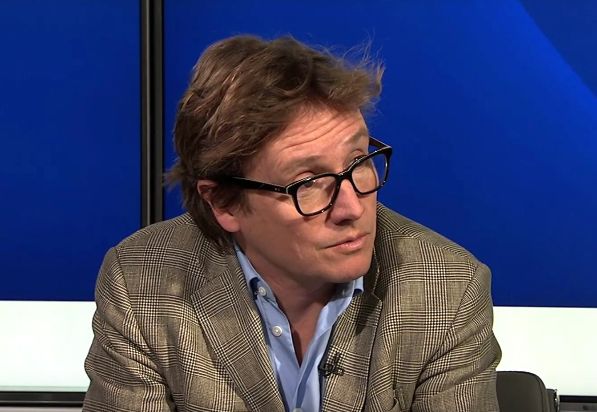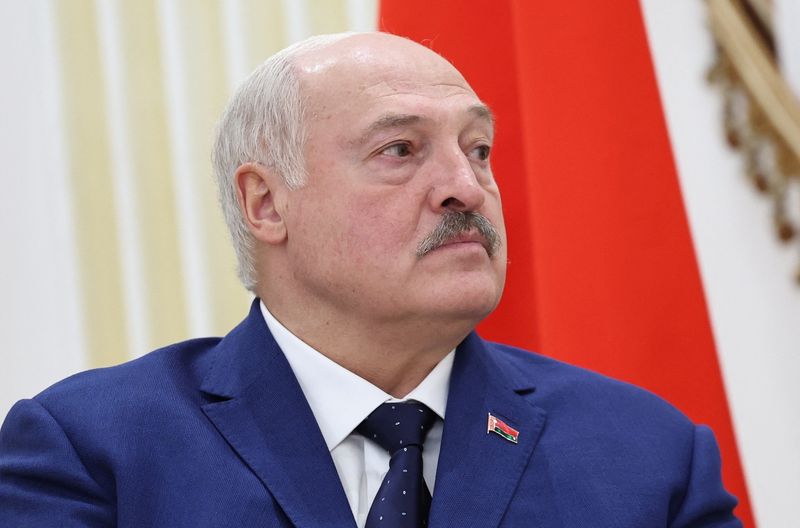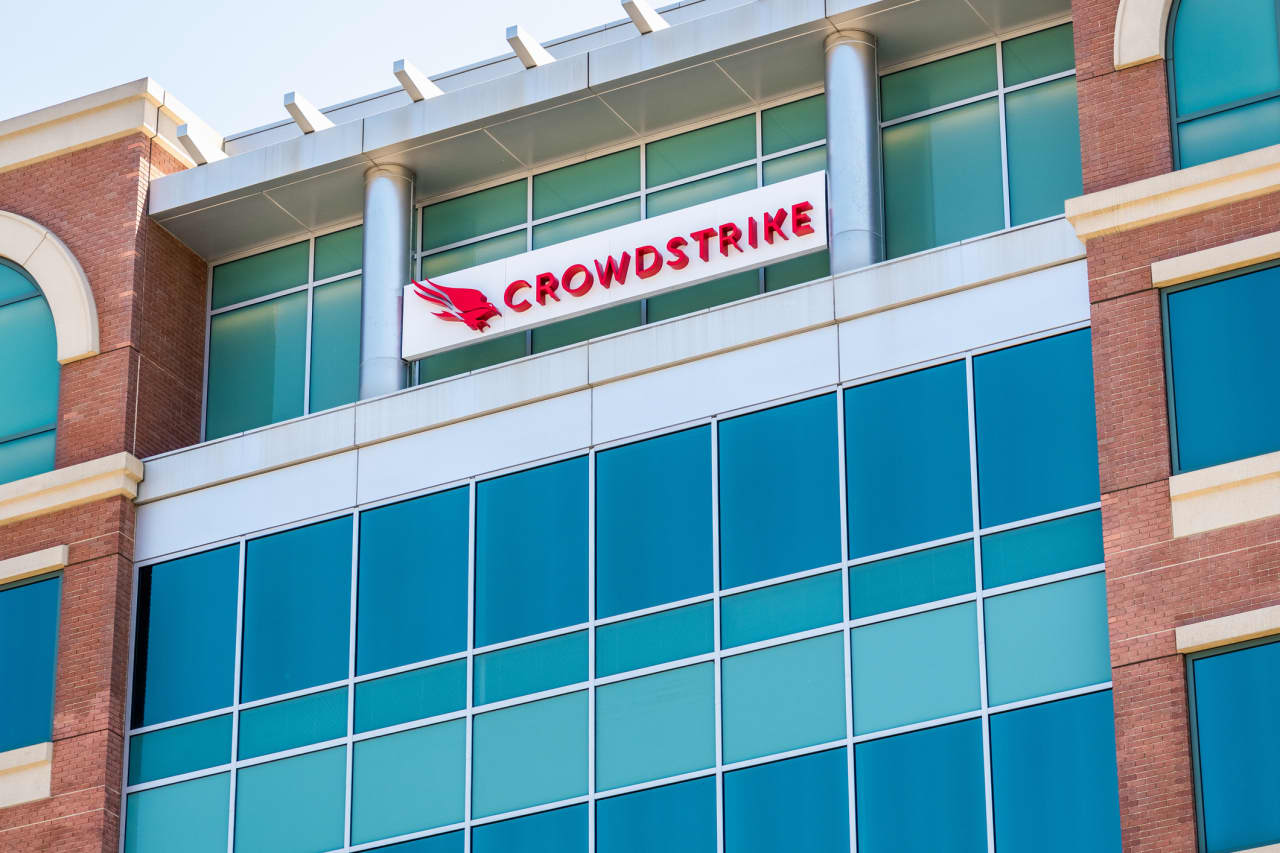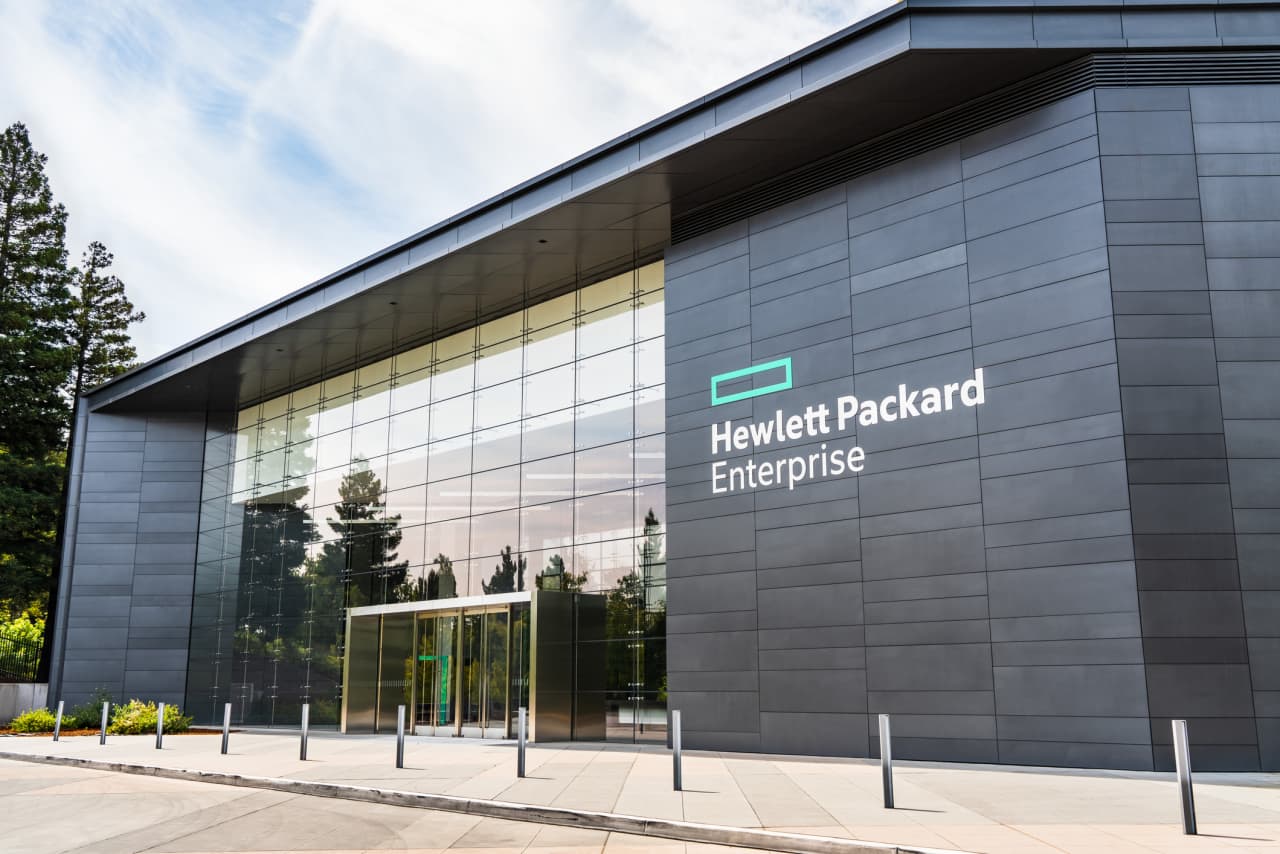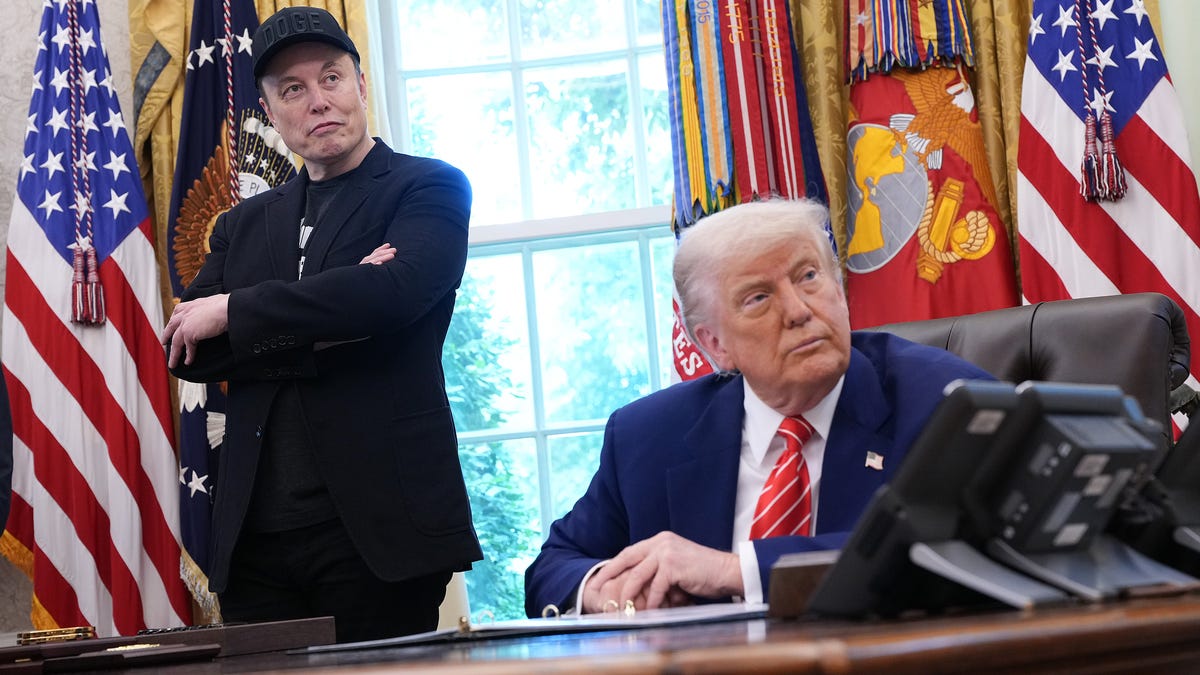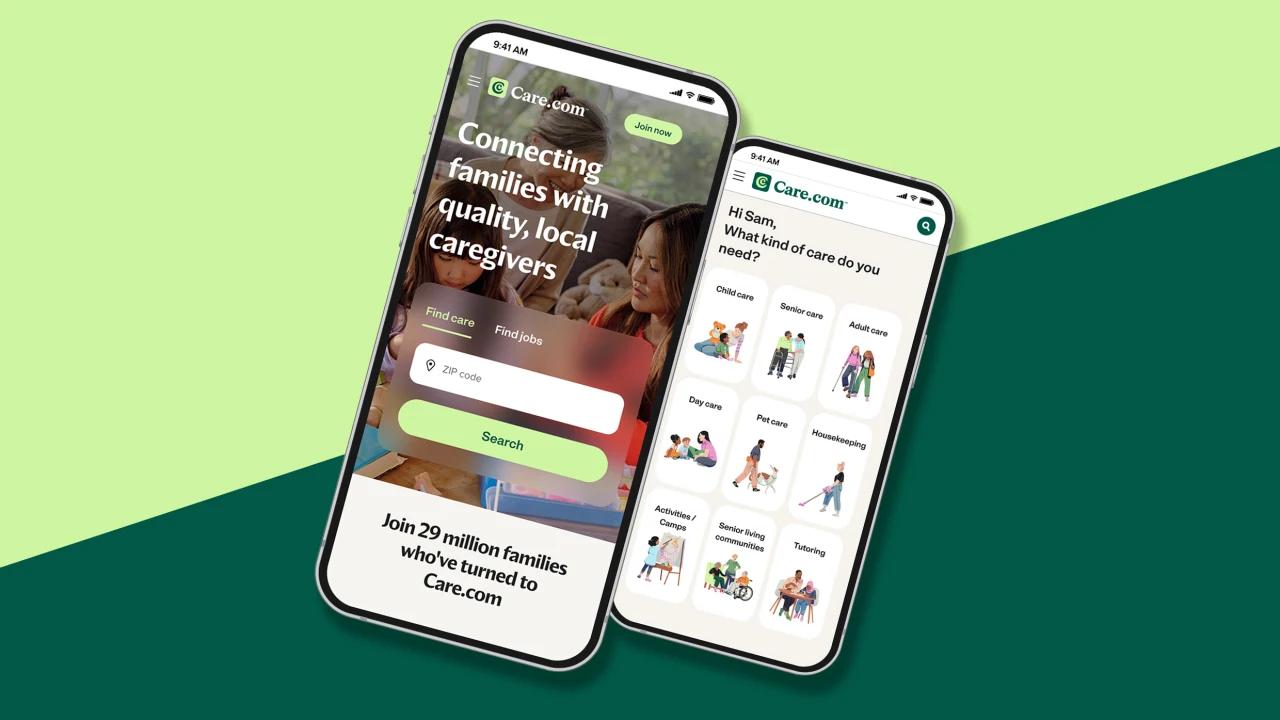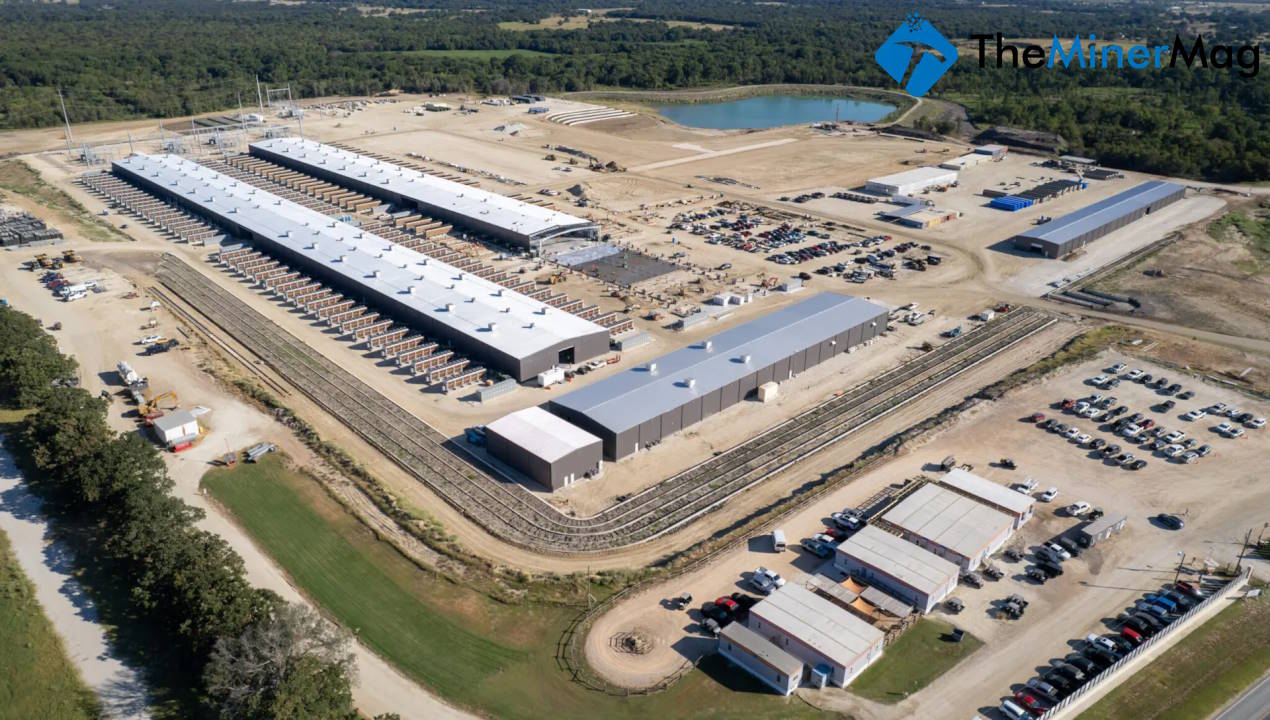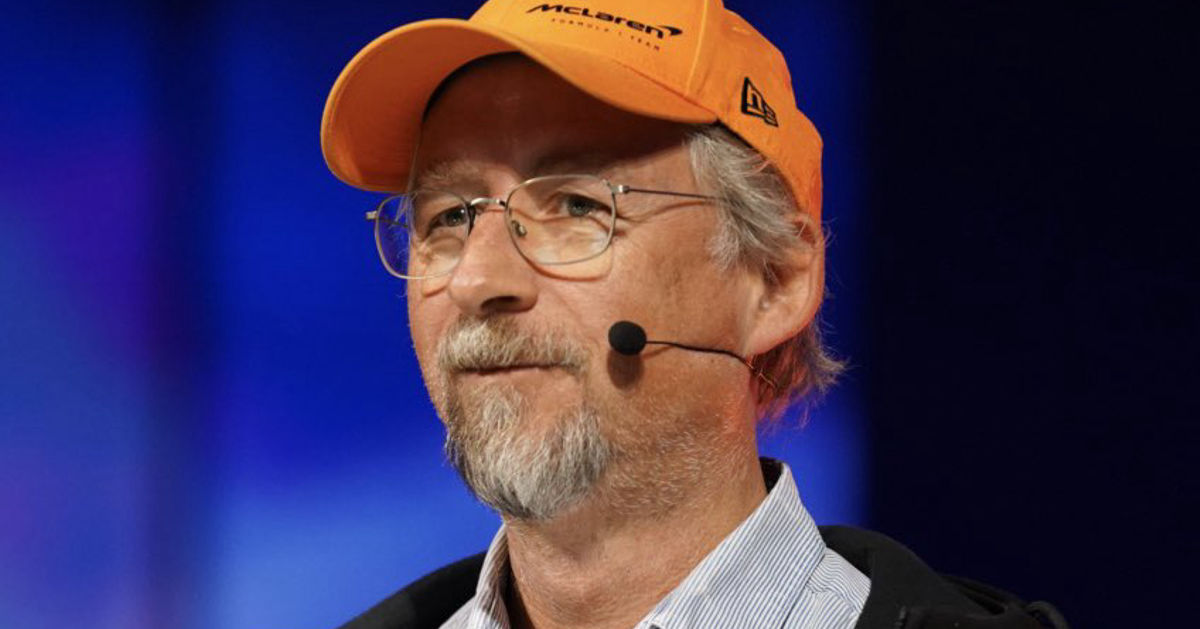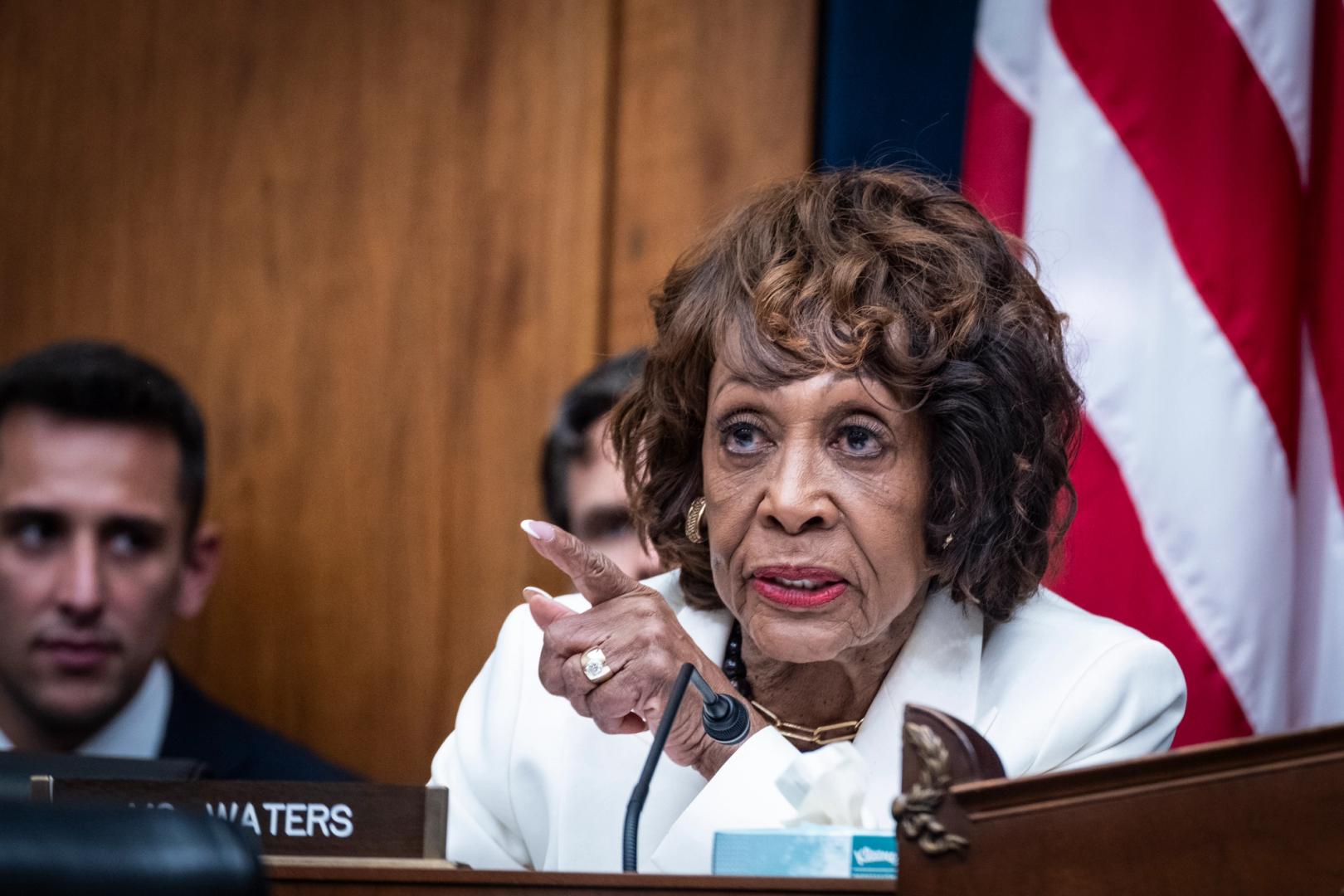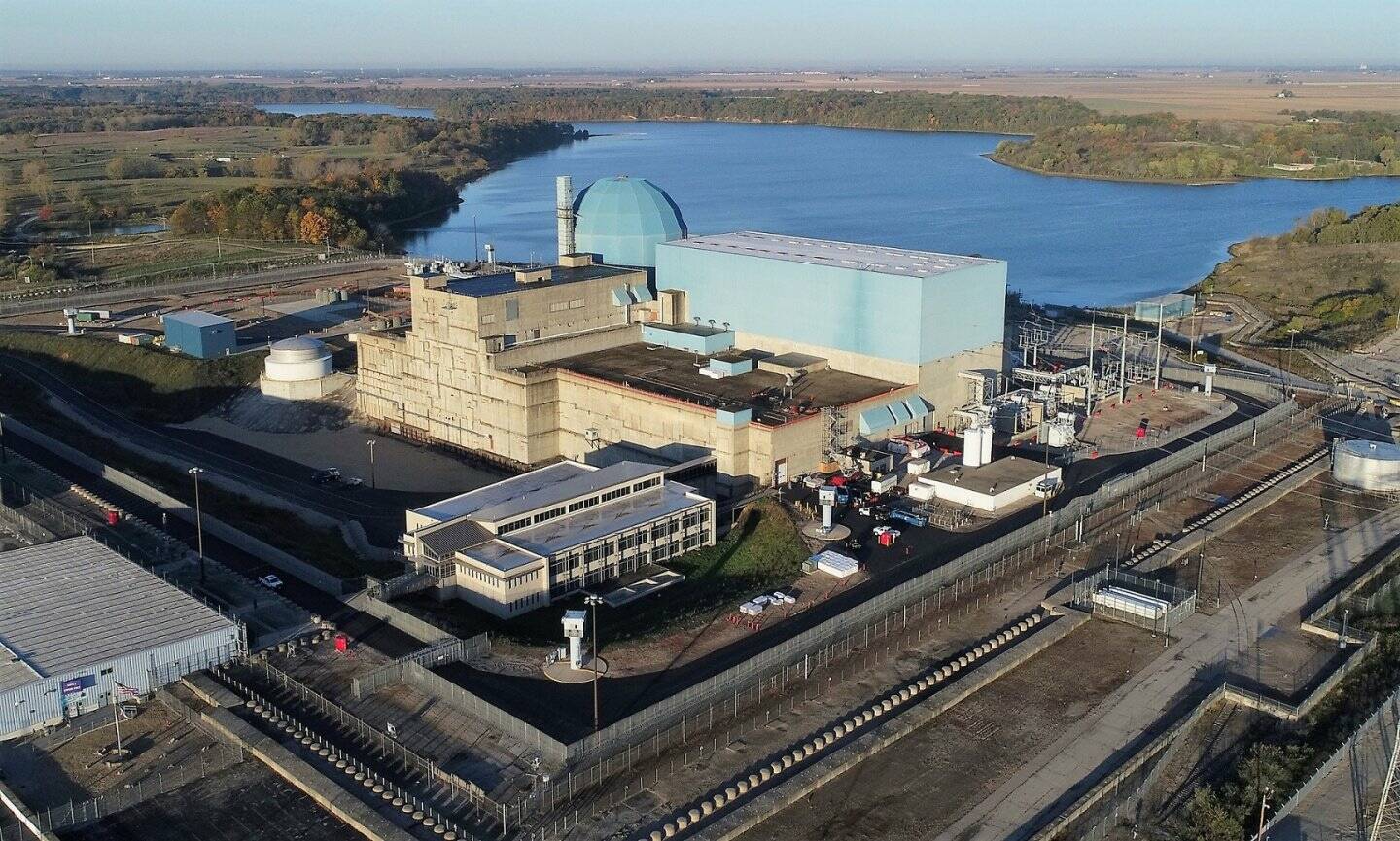AI-built startups could fuel increase in venture capital ‘zombie’ funds
The number of zombie VC funds has jumped by 50% since the end of 2021.

Beware of zombies. That’s the message from some venture capital executives who predict that AI will drive down the cost and time startup founders need to build businesses—but also increase the number of ”zombies.” These are VCs firms who find little demand for their services, and are left to wander the tech landscape without fresh capital or new investments.
Due to AI, founders will become so efficient building companies that they will no longer need to raise multiple rounds of capital, says Sam Tidswell-Norrish, who, in December, left private equity firm Motive Partners, and has since launched professional community platform OPUS.
Tidswell-Norrish predicts that, over the next five years, founders will likely collect enough capital in one round and then achieve profitability. This means VCs will end up competing with each other for fewer allocations and will have to go downstream to find companies, he said.
Ben Savage, a partner at Clocktower Ventures, doesn’t agree. Savage thinks AI will likely spur more ideas that cause founders to create more startups and possibly reinvent more segments of the economy. Matt Harris, a partner with Bain Capital Ventures, pointed to the cloud computing and SaaS boom of the last decade, which some thought would hurt VCs. Harris thinks the current AI revolution could lead to more VC allocations.
For venture capitalists, AI could threaten their position or provide an opportunity, said OPUS’s Tidswell-Norrish. Many firms raised capital, and were investing, during the bull market of 2021 when startup valuations were at a high. Venture funds often take years to sell their stakes, so firms could build their profile and raise multiple funds before having to return capital, he said. The venture industry is currently in a downturn with only the top tier and differentiated funds continuing to raise money, he said. There are already a number of VC firms that aren’t investing further and just running “their existing fund lifespans down passively,” Tidswell-Norrish said.
OPUS’s Tidswell-Norrish thinks AI will create a power shift in favor of the founders, who will need less capital. He expects many VC firms will consolidate or just collapse over the next decade. Because the firms have funds with a 10-year life cycle, many will “take a long time to die,” he said.
Zombies are multiplying
The number of U.S. zombie venture firms has increased. At the beginning of 2025, there were 574 U.S. zombies, or firms that have raised a fund in the prior six years but have no known investments since late December 2023, according to data from research firm PitchBook. This compares to the end of 2021 when there were 382 U.S. zombies that had raised a fund since 2016 but had no known investments since the end of 2020.
Many of the VCs who spoke to Fortune agree there will be a weeding out of the venture capital sector but it’s not necessarily because of AI. The IPO market has been shut for nearly four years while mergers have crawled, making it hard for venture funds to sell their deals.
Funds that started in 2020, invested in 2021— a record time period for deals when companies were selling for high multiples—and still don’t have liquidity in 2025, will have a hard time raising a second pool in 2026 and 2027, said Peter Walker, head of insights at equity management platform Carta. “A lot of funds don’t have great performance metrics right now. If your last fund didn’t do very well, it’s a much tougher climate to raise new funds,” he said.
Clocktower’s Savage said there are always “over performing and underperforming” venture firms but it’s still too early to determine the impact of 2021 investing on fund performance. “There’s a lot of different forces at play in the capital formation of venture capital firms,” Savage said.
Firms that survive will be VCs with a “differentiated means to create value,” said OPUS’s Tidswell-Norrish. This is more than the typical VC strategy of just providing capital but offering unique strategies, or expertise or networks that a founder can use to boost their startup’s growth or chance for success. “Ninety percent of VCs do not have real capability beyond their team supporting,” he said.
The lack of distribution is one reason why Tidswell-Norrish launched OPUS, which aims to provide networking connections for early-stage entrepreneurs and founders. In 2026, OPUS is expected to begin marketing for its first fund, which is targeting $20 million to $40 million, a person familiar with the situation said.
“It’s a huge existential shift. We will see a reckoning,” Tidswell-Norrish added.
This story was originally featured on Fortune.com











.png)




